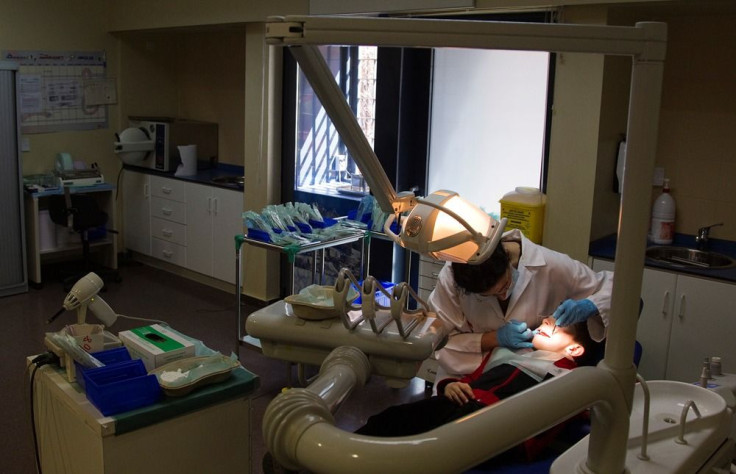US Adults Have Problems Of Untreated Tooth Decay, Study Finds

Americans are known to have good dental health, but the study from the Centres for Disease Control and Prevention, or CDC, together with the National Institutes of Health finds otherwise. The new data suggest that more than a quarter of adults in the U.S. have untreated tooth decay.
The latest study published on May 13 shows that oral health needs to improve among Americans, despite the statistics on the drop of tooth decay and tooth loss records, as reported in Time. "It is not what people are doing wrong. It is maybe what we can do better," said Bruce Dye, lead author of the study.
The data taken from 2011-2012 reveal that Hispanics and blacks had more untreated tooth decay compared to Asians and whites. Black adults account for 42 percent of the untreated tooth decay rate.
The study used a survey called the National Health and Nutrition Examination survey to assess thousands of Americans’ dental health. The findings show that one out of five Americans aged 65 and above has the problem; adults 20 to 39 years old were twice as likely to keep a complete set of teeth compared to those aged 40 to 64, reports Today Health.
Tooth decay problems seen among Americans have to do with poor access to dental health professionals. The study also found that those who have limited or no dental health insurance coverage or residing in areas that don’t have a lot of dentists are more prone to the dental problem.
Dye said it is important to practise good dental hygiene for healthy aging, and he adds that “poor oral health impacts quality of life by causing pain and limiting food choices”. While the study finds most Americans have tooth decay, the situation has improved over the last generation, thanks to fluoridation, improved dental care, and regular brushing, said Dye.
To report problems or leave feedback on this article, email: wendylemeric@gmail.com.





















